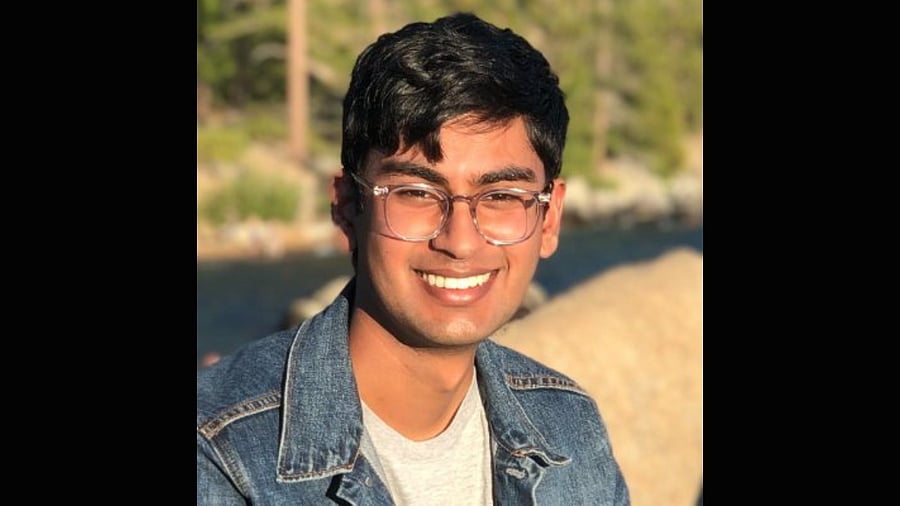
OpenAI whistleblower Suchir Balaji.
Credit: X/@suchirbalaji
Former OpenAI employee and whistleblower Suchir Balaji was found dead at his San Francisco apartment on November 26 this year, with authorities on Saturday confirming that he died by suicide.
Who was Suchir Balaji?
A computer scientist of Indian-origin, Balaji shone in the field from an early age, aceing the US Computing Olympiad Open 2016 and becoming National Champion.
He also came 7th in a TSA-sponsored 'Passenger Screening Algorithm Challenge' held by Kagge, and won several other awards at the collegiate level when he completed his B.A. in Computer Science at the University of California, Berkley.
Graduating with an 3.98 GPA, Balaji joined Quora as a Software Engineer for about a year, before joining OpenAI as a Machine Learning intern.
He did two more internships at Scale AI and Helia respectively, before joining OpenAI in a full-time capacity: as per his LinkedIn, his was a member of technical staff, and worked at the organisation for 3 years and 10 months, with a focus on training ChatGPT.
The 26-year-old left OpenAI because he no longer wanted to contribute to technologies that he believed would bring society more harm than benefit.
What did Suchir Balaji say about OpenAI?
Balaji came into the limelight after publicly raising questions about the fairness of OpenAI's training methods for generative AI.
In a post dated October 2024 on his website, Balaji wrote, "While generative models rarely produce outputs that are substantially similar to any of their training inputs, the process of training a generative model involves making copies of copyrighted data. If these copies are unauthorized, this could potentially be considered copyright infringement, depending on whether or not the specific use of the model qualifies as 'fair use'."
He further went on to detail how ChatGPT's use of training data was in contravention of the idea of "fair use".
In an interview with The New York Times in the same month, Balaji argued that OpenAI was harming businesses and entrepreneurs whose data were used to train ChatGPT, and asserted that the AI giant was illegally using copyrighted material.
"This is not a sustainable model for the internet ecosystem as a whole," the computer scientist told NYT.
OpenAI, however, denied these allegations, saying, "We build our AI models using publicly available data, in a manner protected by fair use and related principles, and supported by long-standing and widely accepted legal precedents. We view this principle as fair to creators, necessary for innovators, and critical for US competitiveness."
What was Balaji's last tweet?
The 26-year-old's last tweet prior to his death on November 26 was in relation to the NYT article.
"The NYT didn't reach out to me for this article; I reached out to them because I thought I had an interesting perspective, as someone who's been working on these systems since before the current generative AI bubble. None of this is related to their lawsuit with OpenAI - I just think they're a good newspaper," he wrote.
Disturbing trend?
While the 26-year-old whistleblower's death has indeed been ruled as suicide, it comes of the back of the deaths of other whistleblowers this year associated with aircraft manufacturing giant Boeing.
One of the Boeing whistleblowers—John Barnett—was declared to have died by suicide, while another, Joshua Dean, reportedly passed away due to pneumonia and a bacterial infection.
